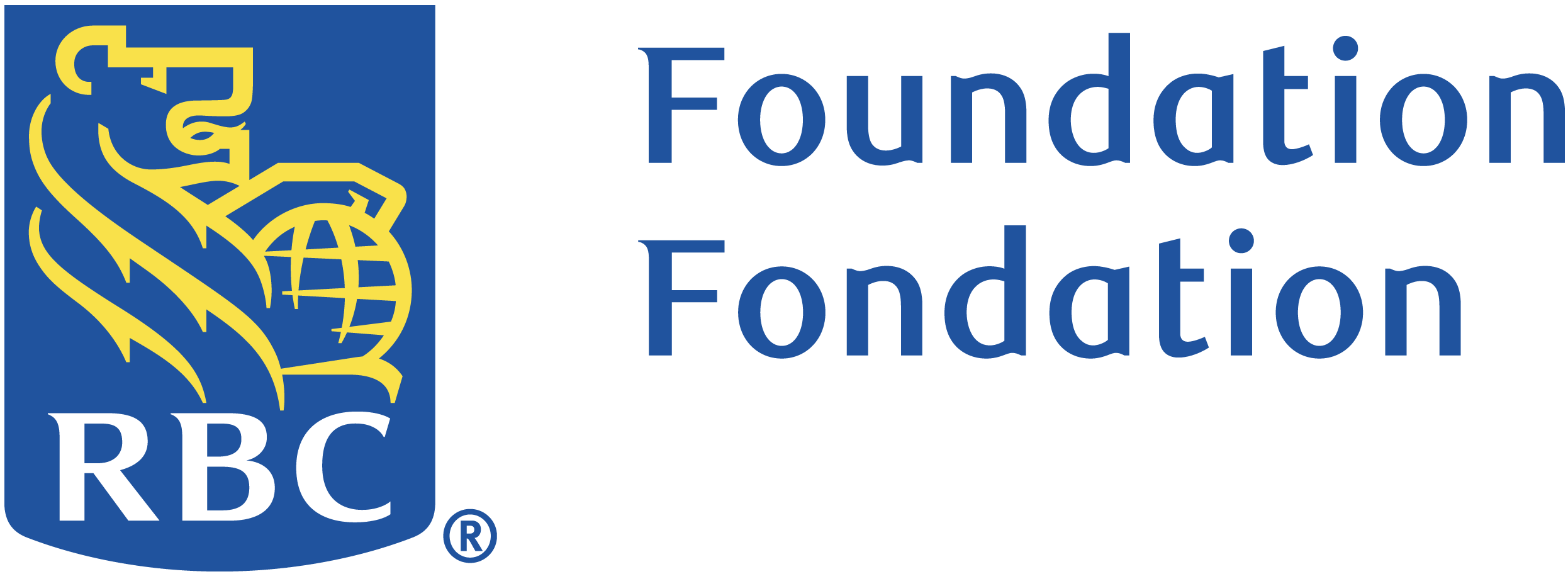This document is prepared by Universities Canada and provides important information to help international students navigate recent changes to study permits in Canada. It covers various topics, including the new study permit cap, updated financial requirements, working hours, and documentation needed for study permit applications. Additionally, the document outlines new policies related to the Provincial Attestation Letter (PAL), post-graduate work permit eligibility, and spousal work permits. These updates aim to ensure students are informed and prepared to meet the requirements for studying and working in Canada.
Glossary
CAP
Does the study permit cap affect my application to a university?
The study permit cap refers to the number of study permit applications that will be processed Canada. The cap does not affect the assessment of individual applications.
Proof of Funds
When applying for my study permit, do I need to provide proof of funds?
Starting January 1, 2024, international students, in all provinces except Quebec, must show proof of at least $20,635 CAD (for a single student) to cover one year of living expenses, in addition to the first year’s tuition and travel costs. For more information, see IRCC Financial Support Guidelines.
This updated financial requirement applies to both new study permit applications outside Canada and study permit extensions submitted within Canada. To study in Quebec, international students must show proof of at least $15,078 CAD. For more information for the financial requirements refer to the ministère de l’Immigration, de la Francisation et de l’Intégration.
Working while in Canada
How many hours can I work while studying?
During full-time semesters, you can work up to 20 hours per week. You can work more than 1 job to make up these hours if you continue to meet the conditions of your study permit.
During regularly scheduled breaks in the school year, you are allowed to work an unlimited number of hours. However, to be eligible for full-time work during these breaks, you must be a full-time student both before and after the break.
For more information, please refer to IRCC work off-campus.
On June 29, IRCC proposed changes to the Immigration and Refugee Protection Regulation. One of the key changes includes increasing the allowed working hours for international students from 20 to 24 per week. However, these amendments are not yet in effect. For more information refer to: https://www.gazette.gc.ca/rp-pr/p1/2024/2024-06-29/html/reg1-eng.html.
Provincial Attestation Letter (PAL)
What is a provincial attestation letter (PAL)?
A provincial attestation letter (PAL) is required as part of the study permit application process and serves as proof that you, as an international student, are included in the institution’s allocation. PALs are issued by the university. PALs are issued to students by the institution; this means that the university will issue PALs to students.
The PAL is a new requirement by IRCC. Any study permit application received by IRCC on or after January 22, 2024, that does not include a PAL will be returned and refunded.
What is a Certificat d’Acceptation du Québec (CAQ)?
The Certificat d’Acceptation du Québec (CAQ) is the Quebec equivalent of the PAL and is required for international students studying in Quebec. It is issued by the Quebec government and must be included in your study permit application. If you plan to study in Quebec, a CAQ replaces the PAL requirement.
Who requires a PAL?
Undergraduate Students: As of January 22, 2024, you must include a PAL with your study permit application.
Exception: Students enrolled in schools in Quebec in a vocational program that leads to one of the following:
- a diploma of vocational studies (DVS)
- an attestation of vocational specialization (AVS) or
- a skills training certificate (STC)
Visiting students: As of January 22, 2024, most study permit applicants need to provide a PAL unless you meet one of the exemptions.
Note: On September 18, IRCC announced new measures to include graduate international students in the cap for 2025. However, this measure is not yet in effect. For more information please visit: IRCC September 18, 2024 announcement.
When do I submit my PAL?
Unless you meet one of the exemptions, you must submit a PAL
- with your study permit application, not after
- even if you’re applying for a prerequisite course or program, including language courses or programs
- for each study permit applicant, even if you’re applying as a family and submitting your applications together
Students applying to post-secondary institutions in Quebec will need to follow the process outlined here to obtain their Certificat d’acceptation du Québec and correctly submit their study permit application.
Am I guaranteed a study permit if I receive a PAL?
Receiving a PAL does not guarantee study permit approval. study permit applicants must still meet all the requirements for a study permit to be issued.
I submitted a study permit application to IRCC with the PAL I received. My study permit application was denied. Do I need a new PAL when I reapply for a study permit?
If your study permit application to IRCC is denied, you can reapply for a study permit using this same PAL until the PAL expires.
Letter of Acceptance (LOA) verification process
What is the LOA verification process?
Applicants must submit a LOA from a DLI as part of their study permit application. The institution will verify the LOA directly with IRCC as part of the application process. This process is called the LOA verification process.
Students are not required to complete any additional steps to initiate the LOA verification process. Please note that the LOA Verification process and the PAL process are different.
How is the PAL different from the LOA verification process?
The PAL process and the LOA Verification process are two different processes.
- The provincial government administers the PAL process, while IRCC handles the LOA verification. Both are required as part of a study permit application. If you are not exempt from the PAL requirement, you must obtain a PAL before submitting your study permit application.
IRCC is responsible for administering the LOA Verification process. Students are not required to take additional steps to initiate this process.
I’m applying for my study permit through the Study Direct Stream (SDS). Do I still need a PAL?
Yes. Starting January 22, 2024, all study permit applications submitted through SDS will require a PAL.
Post-Graduate Work Permit (PGWP)
What are the new requirements for current international students and recent graduates applying for a PGWP?
To be eligible for a PGWP, you must continue to meet the general and physical location eligibility requirements (even after November 1, 2024) and complete a study program at a PGWP eligible designated learning institution.
Please note: eligibility exemptions and special cases.
If you graduated from a university bachelor’s degree, master’s degree or doctoral degree program
- Language requirements: You must prove your English or French language skills with a minimum level of Canadian Language Benchmarks (CLB) 7 in English or Niveaux de competence linguistique canadiens (NCLC) 7 in French in all 4 language areas.
- Field of study requirement: All fields of study are eligible. There is no additional field of study requirement.
- Program length requirement: If you’re attending a DLI in Quebec, your program must be 900 hours or longer. If you’re attending a DLI in Canada but outside of Quebec, your program must be 8 months or longer.
If you graduated from any other university program
- Language requirements: You must prove your English or French language skills with a minimum level of CLB 7 in English or NCLC 7 in French in all 4 language areas.
- Field of study requirement: You must graduate in an eligible field of study.
- Program length requirement: If you’re attending a DLI in Quebec, your program must be 900 hours or longer. If you’re attending a DLI in Canada but outside of Quebec, your program must be 8 months or longer.
For more information on any required documents please visit: Get the right documents.
Spousal Open Work Permits
Can my spouse or common-law partner work while I study in Canada?
According to the September 18, 2024 IRCC announcement, your spouse’s eligibility for an open work permit depends on when the application was submitted.
If your spouse or common-law partner applied for an open work permit before March 19, 2024, they may be eligible for an open work permit if the following requirements are met:
- You have a valid study permit
- You are eligible for a post-graduation work permit
- You are registered as a full-time student
If your spouse or common-law partner applied for an open work permit on or after March 19, 2024, they may be eligible if you hold a valid study permit and are:
- studying in a master’s or doctoral degree program at a university, or
- completing one of the following professional degree programs at a university:
- * Doctor of Dental Surgery (DDS, DMD)
- * Bachelor of Law or Juris Doctor (LLB, JD, BCL)
- * Doctor of Medicine (MD)
- * Doctor of Optometry (OD)
- * Pharmacy (PharmD, BS, BSc, BPharm)
- * Doctor of Veterinary Medicine (DVM)
- * Bachelor of Science in Nursing (BScN, BSN, BNSc)
- * Bachelor of Education (B. Ed.)
- * Bachelor of Engineering (B. Eng., BE, BASc)











